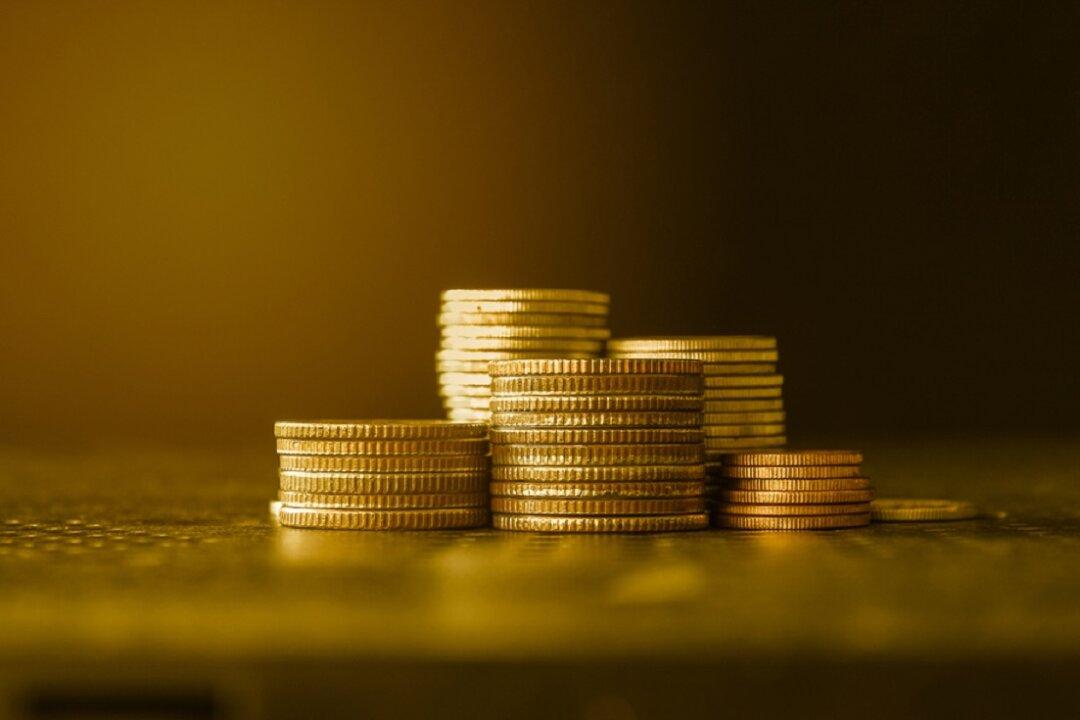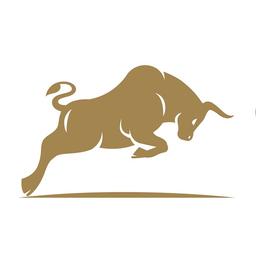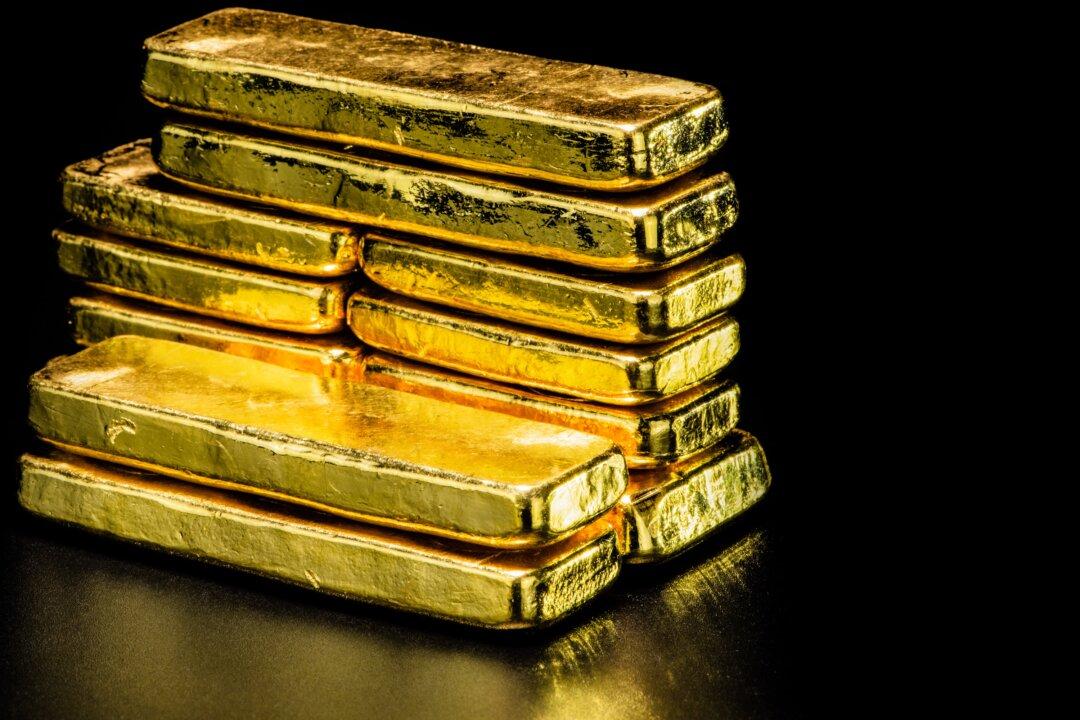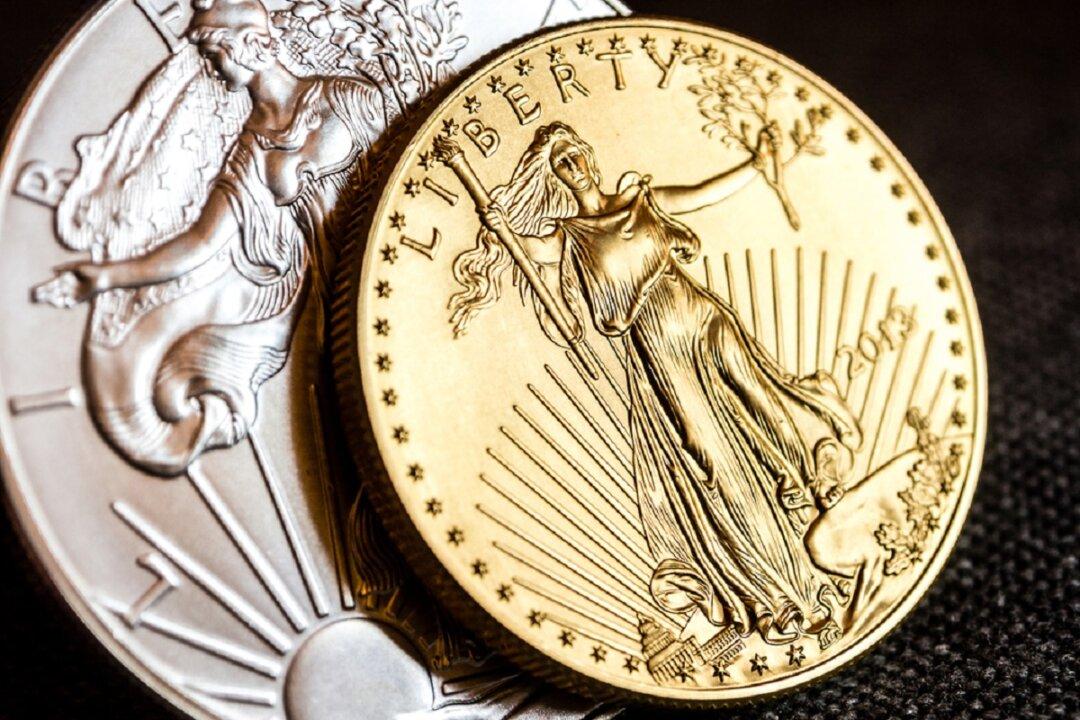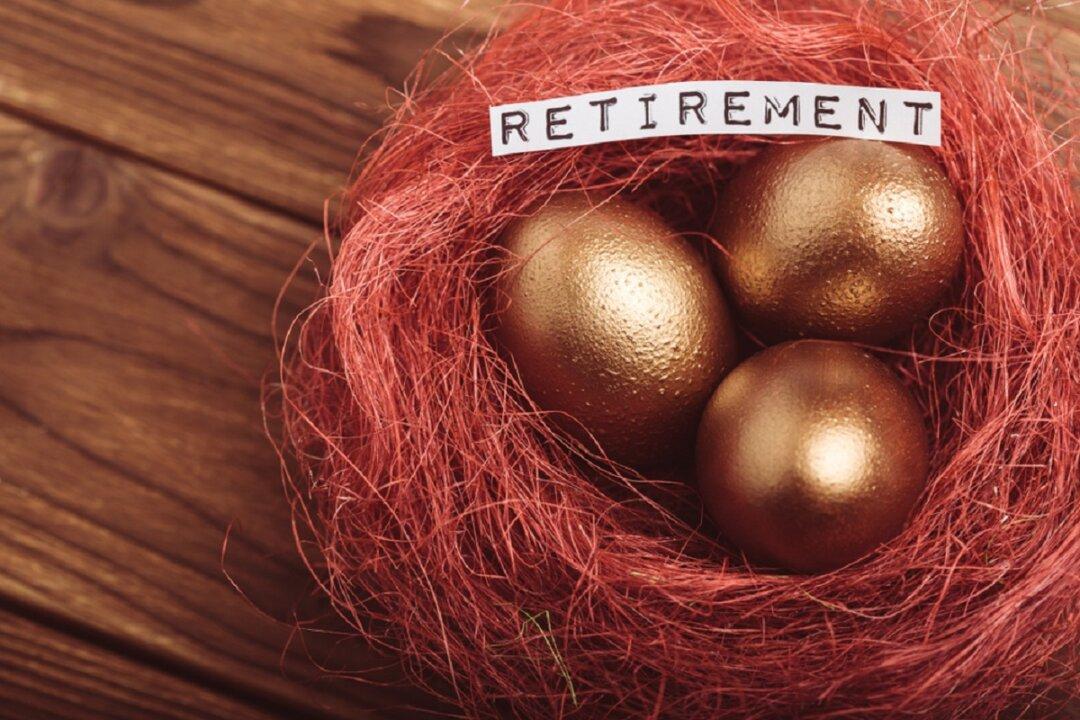Have you ever wondered who owns the most gold privately? The gold industry is thriving, as this yellow metal is highly coveted and a safe haven investment that usually appreciates over the long term. However, there’s only a finite supply of gold in the world. So, who are the individuals and families that own the most holdings of gold in the world? Below, we'll tell you about the most prominent gold investors with privately owned reserves, notable advocates for gold IRAs, and how private gold ownership affects gold market prices.
Private Owners
John Paulson John Paulson is an American hedge fund manager and billionaire famous for having one of the world’s biggest privately owned gold reserves. He’s also well known for predicting the 2007 mortgage financial crisis and has made headlines for his mammoth-sized gold holdings through his firm, Paulson & Co. As the central banks start to buy more gold in response to the devaluation of fiat currencies, Paulson has been a vocal advocate for investing in physical gold bullion.Ray Dalio
Ray Dalio is another of the most famous gold buyers and owns one of the largest private gold reserves in the world. He’s the founder and co-chief investment officer of Bridgewater Associates, which manages $150 billion in assets. In the second quarter of 2020, Bridgewater Associates invested $400 million in gold holdings, including exchange-traded funds with the SPDR Gold Trust and the iShares Gold Trust.
